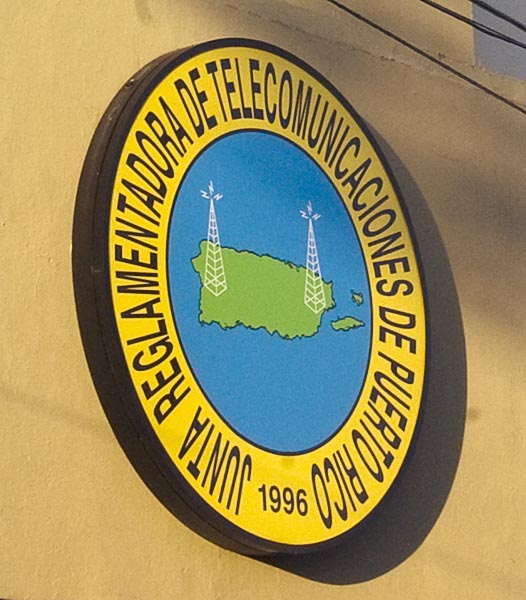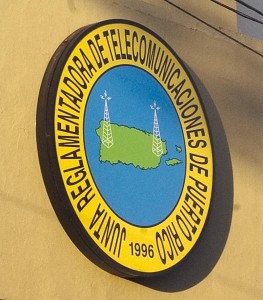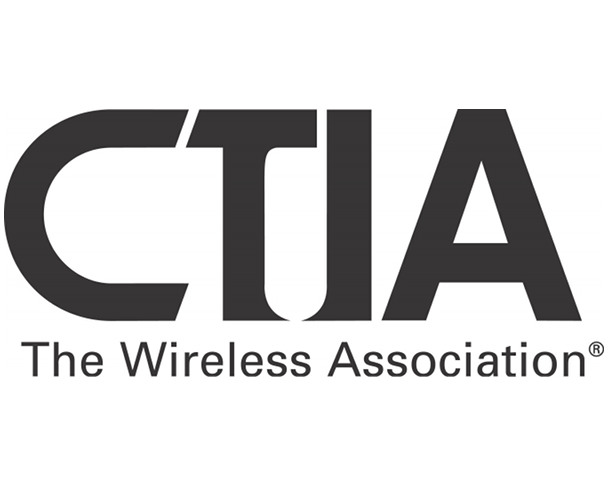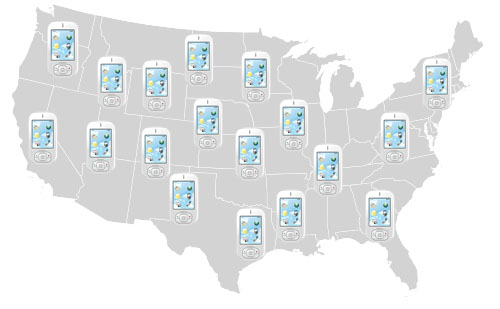TRB still working on prepaid phone registry, calls CTIA lawsuit ‘premature’


The law signed Dec. 27 gives the TRB 90 days, or through the end of March, to draft and approve the regulations. (Credit: © Mauricio Pascual)
The Telecommunications Regulatory Board is still in the early stages of developing the regulations necessary to enforce Law 280 that mandates creating a mechanism to register and track customers buying prepaid handsets in Puerto Rico, agency President Sandra Torres said Thursday.
Therefore, the lawsuit filed by the CTIA – The Wireless Association in the U.S. District Court in San Juan challenging the constitutionality of said law is “premature,” she said.
“This lawsuit is the result of the efforts by CTIA member companies who were trying to prevent the signing of the law that requires the TRB to establish a register of prepaid phones,” she said, of the law that went into effect in December 2011.
“However this lawsuit is premature because the TRB has not regulated anything, we’re still in the evaluation process. We don’t even have a draft yet for the simple reason that the law encompasses retailers and we don’t have jurisdiction over that sector,” she said. “So we’ve had to go out to the establishments to research their sales patterns to see how we can draft regulation that will work and not choke any of them.”
There are an estimated 800,000 prepaid phones already in the market, which Torres admitted will be a challenge to register.
“I believe law abiding citizens who use these handsets for legitimate reasons will come forth and register their phones without a problem,” she said.
The law signed Dec. 27 gives the TRB 90 days, or through the end of March, to draft and approve the regulations. However, Torres said there is a chance the 90-day period could be extended in response to give the agency time to conclude its review process.
As News is my Business reported exclusively, the CTIA filed its civil complaint based on the premise that Law 280 conflicts directly with a federal law, the Stored Communications Act, which protects the privacy of customers of communications services and strictly limits the circumstances under which the government can obtain their personal information.
The CTIA alleged the local law violates the Supremacy Clause of the U.S. Constitution and is preempted by federal law, and asked that the Court to declare Law 280 unconstitutional and order the Puerto Rico to not enforce it.
Among other things, Law 280 requires retailers who sell prepaid mobile phones to require a photo ID, their name, address and an alternative phone number from customers buying a prepaid handset. That information would be kept in a confidential database that would only be available to law enforcement agencies that, under subpoena, request it as part of a criminal investigation.
“The law’s purpose is worthy, because it seeks to curb criminal activity by unscrupulous people who use prepaid handsets to extort victims, which we have seen a lot coming from the prison community,” said Torres. “Because prepaid phones don’t require a record of the person, it becomes that much more difficult to track and catch the person committing the crime.”
The CTIA filed its lawsuit Wednesday and while Torres had seen it, she had yet to be officially served with the papers. She, along with TRB Associate Members Nixyvette Santini and Gloria Escudero, as well as Gov. Luis Fortuño, are named as defendants in the case.
CTIA reacts, wireless carriers remain mum
CTIA’s Vice President of External and State Affairs, Jamie Hastings, issued a statement Thursday outlining the trade organization’s reasons for challenging the recently enacted local law.
Among other arguments, Hastings said wireless devices are providing significant benefits, such as mobile Internet connections anytime and the ability to sign up to services with or without contracts, so hindering access to them would be an unfavorable action against consumers.
“It’s undeniable that wireless helps remove the barriers that previously hindered one’s achievements, such as geography or income,” Hastings said. “While mobile products and services are smarter and allow us to do more than ever, at their core, they also provide us with peace-of-mind knowing that our family and friends have access to emergency personnel and to us if ever necessary.”
“It is for these reasons that CTIA has filed the lawsuit challenging Puerto Rico Law No. 280,” the CTIA representative said. “We remain dedicated to ensuring all may continue to benefit from wireless devices.”
News is my Business contacted several local wireless industry executives, who refrained from commenting on the lawsuit.











